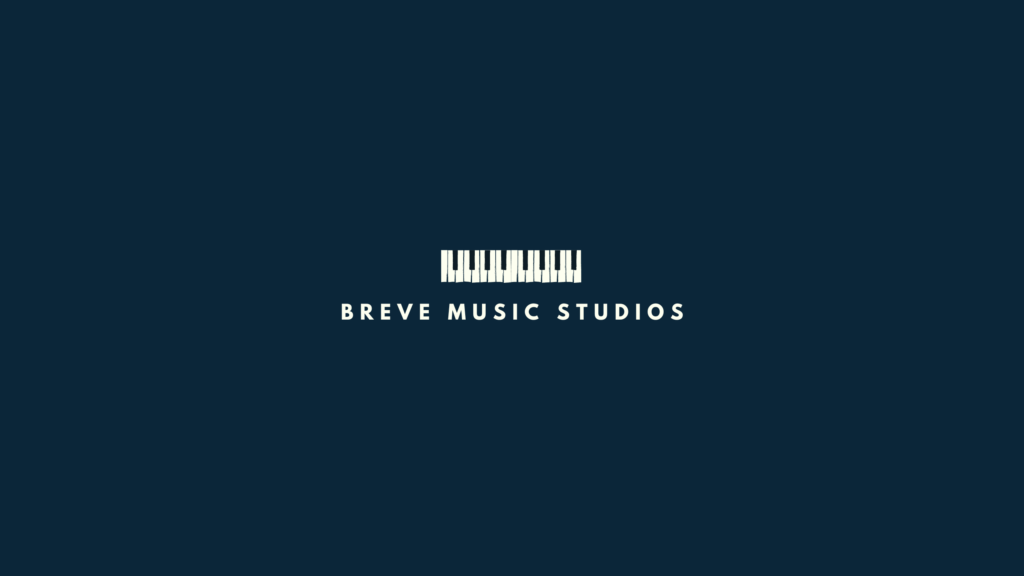Table of Contents
Introduction
Artificial Intelligence (AI) has been revolutionizing various industries, and the music industry is no exception. As technology continues to advance, the emergence of AI tools like ChatGPT has paved the way for new possibilities in music creation and composition.
In this article, we will explore the innovative ways in which ChatGPT is transforming music creation and how it can be used to prompt and make music, along with its advantages, limitations, and the future of AI in music production.
What is ChatGPT and How Can It Be Used For Music Creation?
Understanding the Basics of ChatGPT for Musicians
ChatGPT, developed by OpenAI, is an AI language model that leverages natural language processing and generative capabilities to understand and respond to text-based prompts. When it comes to music composition, ChatGPT can comprehend music-related prompts and generate musical content, such as lyrics, melodies, and chord progressions.
Utilizing ChatGPT for Music Recommendations
One of the unique features of ChatGPT is its ability to analyze and process vast amounts of data. By using AI, musicians and music producers can prompt ChatGPT to provide music recommendations based on specific genres, moods, or even a combination of various musical elements, enabling them to discover new music in an innovative way.
Exploring Chatbots in the Context of Music Creation
ChatGPT extends its utility to music creation by acting as a virtual chatbot for musicians and composers, providing them with creative suggestions and ideas. Musicians can engage in dialogues with ChatGPT to brainstorm new music concepts and receive real-time feedback, making the music composition process more interactive and collaborative.
How Does ChatGPT Transform the Music Industry?
Analyzing the Impact of ChatGPT for Music Composition
ChatGPT has the potential to revolutionize music composition by offering a novel approach to generating musical elements. Musicians can prompt the AI with specific musical themes, and ChatGPT can produce compositions or suggest variations, providing a new avenue for creativity and inspiration.
Using ChatGPT for Songwriting and Melody Generation
For songwriters and composers, ChatGPT can serve as a valuable tool for ideation and melody generation. By providing AI-generated lyrical content and melodic ideas, musicians can leverage ChatGPT to explore innovative approaches to writing songs and creating original compositions.
ChatGPT’s Role in Transforming Music Creation Through AI
With the integration of ChatGPT into music production suites, such as MIDI-based software, the AI’s capabilities expand to collaborate seamlessly with music production tools, allowing for the generation and manipulation of MIDI files, bridging the gap between AI-generated music and traditional music production.

Using ChatGPT to Create Music: Advantages and Limitations
Advantages of Using ChatGPT for Music Composition
The implementation of ChatGPT in music creation presents numerous benefits, including the ability to prompt and receive instant musical ideas, streamline the creative process, and explore unique musical concepts that may not have been encountered through traditional means. Additionally, ChatGPT’s capacity to analyze a vast dataset of music enables it to provide diverse musical recommendations, expanding the horizons of music discovery.
Potential Limitations and Challenges in Music Creation with ChatGPT
Despite its capabilities, ChatGPT doesn’t eliminate the need for human creativity and intuition. There are limitations in the AI’s ability to fully capture the emotional nuances and subtleties that are often essential in producing authentic and emotionally resonant music. Moreover, ensuring that AI-generated musical content aligns with copyright regulations and ethical considerations remains a significant challenge.
ChatGPT’s Influence on MIDI and Music Generation
ChatGPT’s integration with MIDI and music generation tools offers an exciting pathway for creating and manipulating music. From generating complex chord progressions to producing intricate melodies, ChatGPT expands the possibilities of AI-assisted music creation, providing musicians with an array of versatile musical resources.
ChatGPT and GPT-4: What’s Next for Music Creators?
ChatGPT’s Developments in Music Composition and Generation
As ChatGPT continues to evolve, advancements in music composition and generation are anticipated. With ongoing research and development, ChatGPT is poised to enhance its ability to understand and respond to innovative musical prompts, pushing boundaries in AI-assisted music creation.
Looking Ahead: The Potential Impact of GPT-4 on Music Creation
GPT-4, the potential successor to ChatGPT, holds promise for further advancements in music creation, offering more sophisticated music composition capabilities and an enhanced understanding of music theory and structure. The anticipated release of GPT-4 brings with it the expectation of a more refined and nuanced approach to AI-driven music production.
ChatGPT’s Role as an AI Tool for Language Model in Music Production
Beyond generating lyrics and melodies, ChatGPT’s role as an AI language model extends to facilitating communication within music production processes. With its potential to understand and interpret musical instructions and prompts, ChatGPT can contribute to streamlining the collaborative aspects of music creation, presenting a promising future for AI integration in the music industry.
Future of Music Creation: The Role of ChatGPT and AI
ChatGPT’s Contribution in Transforming the Traditional Music Creation Process
The utilization of AI, particularly through ChatGPT, has the potential to reshape the traditional music creation process, offering new pathways for inspiration and creativity. By leveraging AI to prompt and write music, musicians can access novel musical perspectives and explore uncharted territories within music composition.
Using AI to Prompt and Write Music with ChatGPT
Through AI-driven prompts and collaboration with ChatGPT, musicians can transcend conventional approaches to music creation, harnessing the AI’s generative capabilities to ideate and develop unique musical compositions. The integration of AI in music composition introduces innovative techniques and expands the possibilities for artistic expression.
Exploring the Potential of ChatGPT in Chord Progression and Melody Composition
ChatGPT’s influence on chord progression and melody composition offers musicians an unconventional avenue to explore the intricacies of music theory and composition. By leveraging AI-generated chord progressions and melodies, music creators can delve into unexplored harmonies and arrangements, nurturing a dynamic and evolutionary landscape in music creation.
Breve Music Studios publishes music to Spotify, YouTube Music, Amazon Music and more. Follow our pages on Facebook, Instagram, Twitter, TikTok, and YouTube.
Listen to our ensembles: Breve Orchestra, Breve Music Ensemble, Breve Low Brass Ensemble, Breve Woodwind Ensemble, and Jermaine Harris on Spotify.
